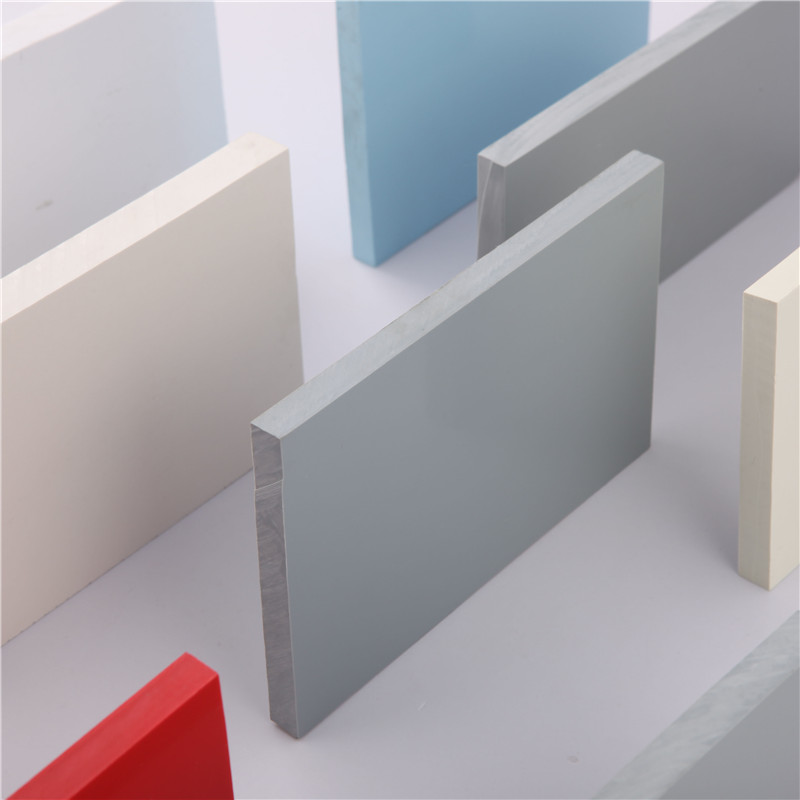ታኅሣ . 05, 2024 14:33 Back to list
hdpe plastic pipe
Understanding HDPE Plastic Pipes Applications and Benefits
High-Density Polyethylene (HDPE) pipes have gained substantial popularity across various industries due to their exceptional properties and versatility. This article explores the characteristics, applications, and advantages of HDPE plastic pipes, shedding light on why they are a favored choice for numerous piping needs.
Properties of HDPE Pipes
HDPE is a thermoplastic polymer made from petroleum. It is known for its high strength-to-density ratio, which makes it durable and resistant to impact. One of the most remarkable features of HDPE pipes is their ability to withstand harsh environmental conditions. They are resistant to corrosion, chemicals, and UV radiation, allowing them to perform reliably in a wide range of situations.
Moreover, HDPE pipes have a smooth interior surface, which minimizes friction, thus enhancing the flow of liquids and reducing energy costs associated with pumping. Additionally, HDPE pipes are lightweight, making them easy to handle and transport compared to traditional materials like steel or concrete.
Applications of HDPE Pipes
HDPE pipes are utilized in various applications across numerous sectors. Some of the most common include
1. Water Supply and Distribution HDPE pipes are extensively used for potable water supply systems due to their resistance to corrosion and chemical leaching. They ensure safe water delivery without contaminating the liquid.
2. Sewage and Waste Management These pipes are widely used in sewage drainage systems, providing a reliable and efficient method to transport wastewater. Their durability contributes to long-lasting infrastructure that can handle the pressures of constant flow and potential ground movement.
3. Irrigation Systems In agriculture, HDPE pipes play a vital role in irrigation processes. Their flexibility and resistance to chemicals make them ideal for transporting water efficiently in farming practices.
hdpe plastic pipe

4. Gas Distribution HDPE pipes are also used for natural gas distribution. Their impermeability and inert properties ensure that gas remains within the pipeline, preventing leaks and ensuring safety.
5. Telecommunications In the telecommunications industry, HDPE conduits are used to protect fiber optic cables. Their durability and resistance to environmental conditions help maintain the integrity of the installed cables.
Advantages of HDPE Pipes
The advantages of HDPE plastic pipes over traditional materials are numerous
- Durability The lifespan of HDPE pipes can exceed 50 years, making them a cost-effective solution for long-term projects.
- Flexibility Unlike rigid pipes, HDPE can withstand ground movements and pressures. This flexibility reduces the risk of cracks and breaks, particularly in earthquake-prone areas.
- Environmental Benefits HDPE pipes are recyclable, contributing to sustainability efforts. Utilizing recycled materials in their production also helps reduce the carbon footprint of new pipelines.
- Economic Efficiency The lightweight nature of HDPE reduces the cost of transportation and installation. Additionally, their smooth surface decreases maintenance expenditures caused by fouling.
Conclusion
In conclusion, HDPE plastic pipes represent a significant advancement in piping technology, providing durable, flexible, and efficient solutions across various applications. Their properties not only meet the practical needs of industries but also promote sustainability through recyclability and reduced environmental impact. As the demand for reliable infrastructure continues to grow, HDPE pipes are likely to be at the forefront of modern piping systems, setting new standards for the future.
-
HDPE Natural Sheet: Durable, Food-Grade & Versatile Plastic Solutions
NewsAug.27,2025
-
Durable Glossy PVC Rigid Sheet | Premium High-Shine Panels
NewsAug.26,2025
-
Durable PP Rigid Sheet: Lightweight, Chemical Resistant Solutions
NewsAug.21,2025
-
PVC Grey Sheet for Extraction: Chemical Resistant & Durable
NewsAug.19,2025
-
Durable PVC Pipe Fittings for Plumbing & Irrigation Needs
NewsAug.18,2025
-
HDPE Steel Belt Reinforced Spiral Corrugated Pipe | High Strength
NewsAug.17,2025

